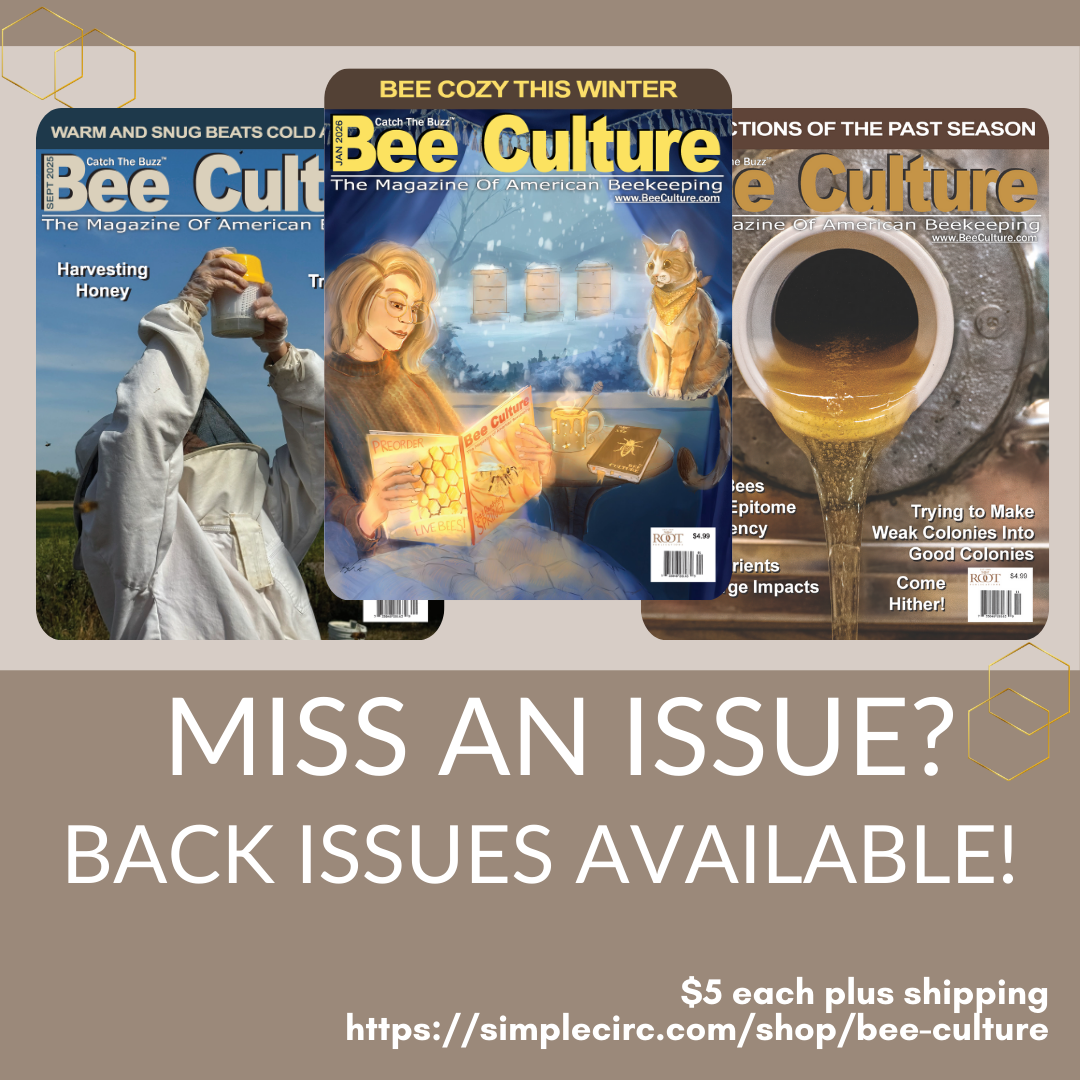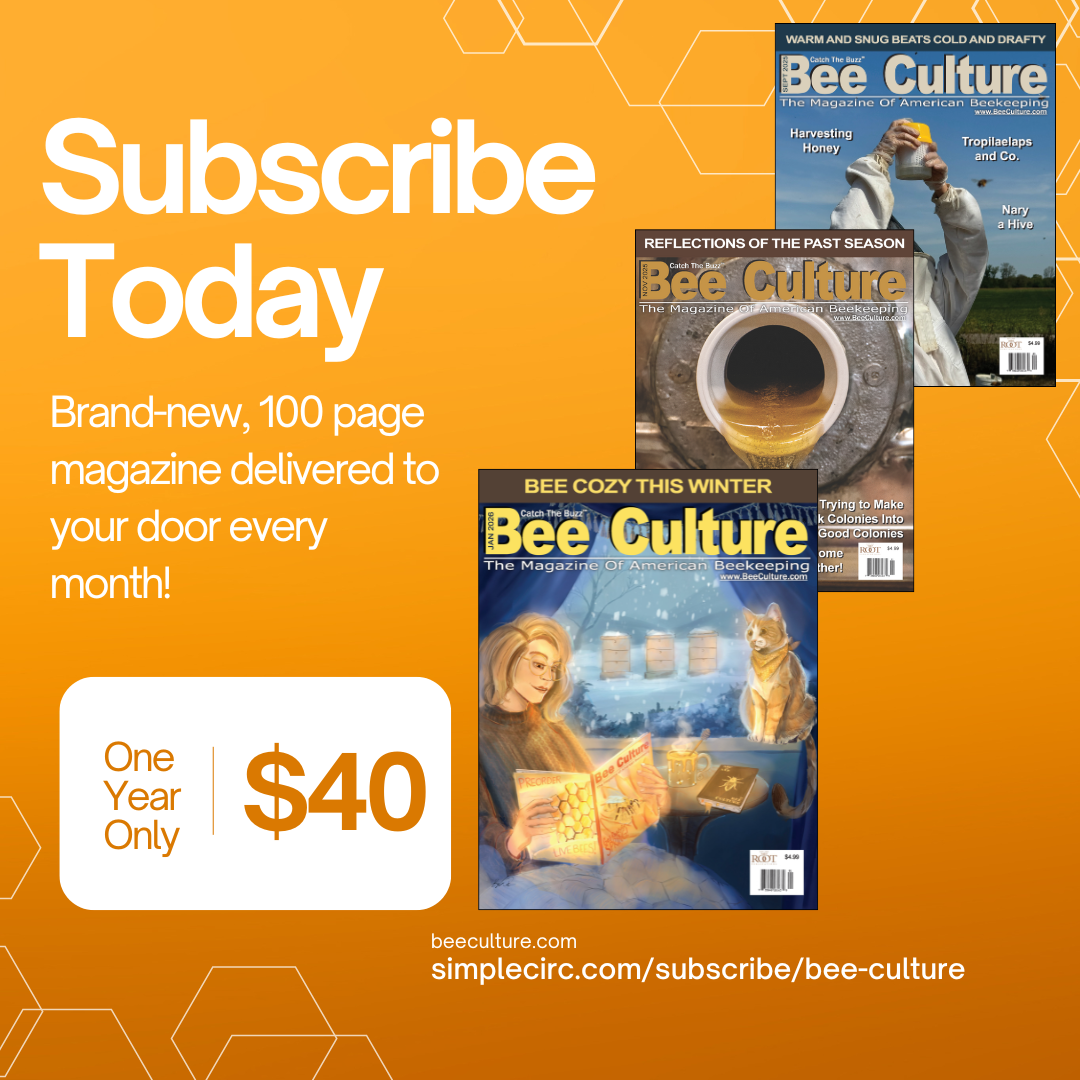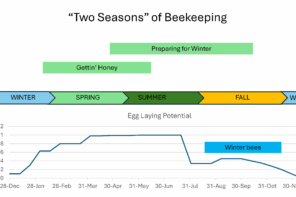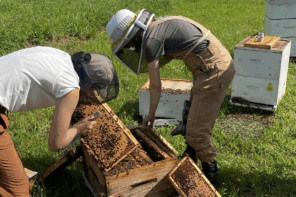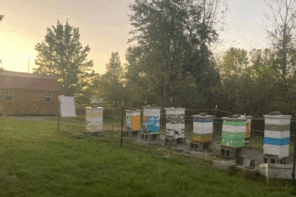By: David Burns
I had the privilege of growing up in the vibrant era of the 60s and 70s. During those years, I experienced the simple joys of drinking water straight from the water hose, riding my bicycle without a helmet and fearlessly playing with sharp and dangerous toys. The overwhelming scent of cigarette smoke wafted through the air, as it was everywhere in those times. In our household, we had a remarkable treasure sitting on our bookshelf, the precursor to the internet known as “The World Book” encyclopedias.
My older brother and I shared a deep fascination with space, fueled by our dreams of becoming astronauts. The 60s witnessed a fierce space race, and becoming an astronaut held an unparalleled allure for kids.
Fast forward to today, and 52% of kids six to 17 want to become a YouTube star. Rocket science is no longer in Vogue. It’s funny, I’m sure my encyclopedia had a section on beekeeping, but I never read about what I would one day enjoy with a greater passion than being a rocket scientist. I traded rocket science for beekeeping citizen science.
Sometimes beekeeping feels like rocket science. Beekeeping appears simple enough, right. Throw bees in a box, harvest the honey. But it never is that easy. If you think about it, beekeepers often boldly go where most people have never gone before, and attempt to somehow communicate with a species who only view us as a threat while we try to use our technology and wisdom to make their world better against their natural instinct.
While beekeeping is not rocket science it does demand that we become citizen scientists. Let me explain: we are adventurous, creative and resourceful. It demands we possess critical thinking skills, explorers in our own right, a citizen scientist.
Astronauts must pass psychological tests which applies to beekeepers too: Strong motivation for achievement, resiliency, adaptability and high emotional stability. Well for beekeepers, given the last one, three out of four isn’t bad.
However, many beekeepers fall short of reaching their full potential as citizen scientists. Newcomers often fall into the trap of chasing quick fixes, the latest gadgets, concoctions and specialty queens instead of investing in the solid solutions that demand hard work and education. In a formulaic era where success is believed to lie in following prescribed formulas, we miss out on the opportunity to become true citizen scientists.
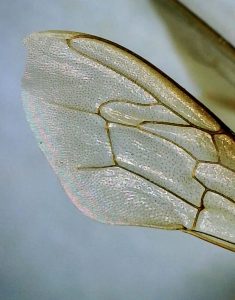
What is a citizen scientist in beekeeping? It’s our ability to learn about bees through education and our own personal experience rather than simply having others tell us what to do. But how can we become true citizen scientists?
Build Your Own Bee Lab
- A Five Frame Nuc
Wait, this is not a university bee lab, but rather your own bee lab that is merely a five frame nuc. Five frames of bees in a five frame nuc box. This will be your lab. It’s smaller and easier to manage. It’s challenging trying to learn beekeeping in a full size hive with two deep boxes and maybe four honey supers. By having a five frame nuc box in addition to your large hive(s), now you do not have to worry so much about killing your queen or opening it too often or battling a contingent of guard bees.Your five frame bee lab is now your galaxy to travel, and see the difference between capped honey and capped pupae. You can pull a frame out every day if you want and watch your bees. You can even try to find your unmarked queen every day until you are a master at finding the queen.
- A $30 Digital Microscope
Next, add an inexpensive digital microscope to your bee lab. Begin to observe the anatomy of your bees. Look at the veins and hairs on their wings or the hairs that make up their pollen baskets. - Create Your Own Lab Experiments & Goals
Perhaps your first goal might be to become familiar with various items on each frame or to locate the queen or finally be able to identify eggs. Learn to identify drones and even pick them up—they don’t have stingers. This will help you have the courage to pick up your queen eventually.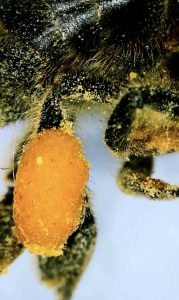 Since this is your bee lab it’s okay to mess up and fail. NASA lost plenty of test rockets. Scientists will experience failure. None of us want to mess up a large hive. But the little five frame nuc is dedicated to allow our mess ups to happen. If we never mess up and fail, we limit our ability to try things that give us greater experience. Often our ego gets in the way of beekeeping. If we lose a hive, then we feel we have failed, and that people will judge us at the next club meeting. But did anyone really learn to ride a bike without crashing and falling? Skilled beekeepers are only successful now because they got all of their messes and failures out of the way and applied what they learned. It’s okay to mess up if you learn in the process.
Since this is your bee lab it’s okay to mess up and fail. NASA lost plenty of test rockets. Scientists will experience failure. None of us want to mess up a large hive. But the little five frame nuc is dedicated to allow our mess ups to happen. If we never mess up and fail, we limit our ability to try things that give us greater experience. Often our ego gets in the way of beekeeping. If we lose a hive, then we feel we have failed, and that people will judge us at the next club meeting. But did anyone really learn to ride a bike without crashing and falling? Skilled beekeepers are only successful now because they got all of their messes and failures out of the way and applied what they learned. It’s okay to mess up if you learn in the process.In this evolving world, where childhood aspirations shift and the vogue of disciplines change, the essence of exploration and scientific curiosity remains timeless. Embracing the role of citizen scientist in beekeeping allows us to delve into a realm where nature and technology intersect, where we unlock the secrets of the hive and make meaningful contributions to the well-being of bees. So, let us embark on this captivating journey, where beekeeping and citizen science intertwine, opening doors to endless possibilities and fostering a deep connection within the remarkable world of honey bees.
If you’d like to watch my video on becoming a citizen scientist, visit: https://www.honeybeesonline.com/davids-youtube-channel




